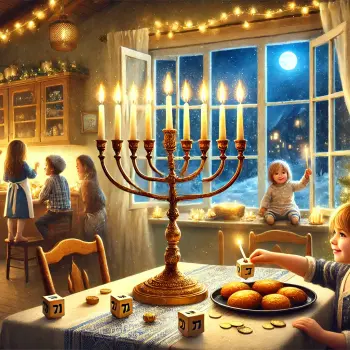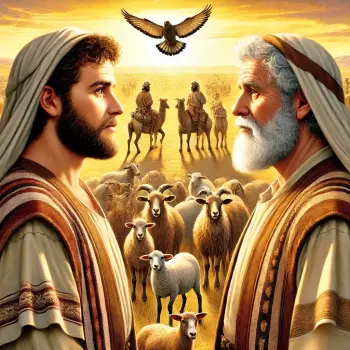
The tragedy of loss has touched every single one of us. Some have been touched by the unexpected loss of a favorite celebrity or sports icon. Fans of the Boston Celtics felt the untimely loss of Len Bias two days after he was drafted and still wonder what level of greatness he would have brought to the franchise and how iconic a player he might have become. When we think about the shock of Tupac Shakur’s death at the age of 25 and all of his accomplishments in the all too brief time he spent on this planet, we’re compelled to ask how much more of an impact could he have had on music and society had he lived a full lifespan? While very few had met her in person, millions felt a strong connection to Princess Diana and were deeply touched by her tragic death as it appeared that she might be on the verge of finding happiness.
The misfortunes that touch each one of us
Others have been more closely touched by tragedy. A miscarriage or stillbirth means the end of the promise of a new life. The death of a young family member of friend leads to the eternal questions of what the future might have held, or the everyday losses from disease, and old age of those we hold dear open those holes in our own lives.
The Catastrophes that Shake Society
And then there are the losses on a grand scale that have shaken society. We think of the shock of 9/11, the almost unimaginable loss of life and a corresponding loss of feelings of safety and security. We experience the impact of mass shootings at schools: Columbine, Sandy Hook, Parkland, Uvalde, and the list goes on and on. We question what has become of our society, worry about the consequences for young people, and search for answers as to how these things continue to happen. The unspeakable tragedy of October 7, one year ago, and its ongoing aftermath, have led people to question their personal safety and security, to recoil at the sheer volume of antisemitic displays, and to question the competence and preparedness of Israeli security.
In these large mass casualty catastrophes, the individual often gets lost in the numbers or the significance of the event. When we deal with numbers of thousands, or hundreds, or dozens, we sometimes lose sight of the fact that it is one person multiplied by a factor of 10, or 100, or 1000. How do we regain the perspective that we’ve lost one individual and all his or her potential, stories, and connections? How do we come to terms with the fact that entire networks of people are irreparably broken?
Every person is a universe
The Israeli Food Culture Center, Asif (https://asif.org), began a program of remembering those who died on October 7, through their favorite recipes. Family or friends prepare a treasured dish and talk about what made their loved one special, from the ability to bring a smile to everyone around them, to a love of music and dance, to a character of empathy and compassion.
Jinky Bolivar prepared a Yemenite chicken soup that she’d promised to make for her partner, Gilad Kfir, but he was murdered before she had the opportunity to make it for him. Jinky came from the Philippines as a caregiver for an elderly Israeli. They met on an online dating service and quickly fell in love. Now she makes it for his parents and the daughter who will only know her father through stories and recipes.
Liat Ohana makes shula, an Afghan-Bukharan rice dish for her son Ariel, who was killed trying to defend Kibbutz Be’eri as a member of the 890th paratrooper battalion on October 7. His family was notified of his death two days later, on his mother’s birthday, October 9. The recipe for shula came with Ariel’s great-grandmother from Afghanistan. It was one of Ariel’s first solid foods when he rejected the pumpkin soup made for him and wanted what was on his mother’s plate. Ariel went on to develop a love of cooking and using all the spices and flavors of his Afghan, Bukharan, Iraqi, and Moroccan ancestry.
Every year, Hanita Baram made a chocolate mousse cake for her son Aviv’s birthday. Preparing it the day before and letting it set in the refrigerator overnight, it would be ready for him on the table for breakfast on his birthday. On October 7, Aviv was a member of Kfar Aza’s emergency squad. After the sirens sounded in the early morning hours, he secured his family in their safe room and ran to the kibbutz armory. When he and a friend realized how outnumbered they were, they began to retreat to a safe location. Stopping to care for two wounded friends, he was shot in the leg. Still, he managed to warn his wife not to open the door and warned a friend to stay away from the danger zone. His son, Omer, now licks the excess cream off the hand mixer’s beaters, just like his father and uncle did when they were children.
One year ago, almost 1,200 people died attending a music festival, enjoying a quiet day in their homes and communities, and rushing to deliver help and support. In the months since almost another 500 have been killed in combat and as civilians, as have thousands of Palestinian and Lebanese civilians caught in the conflict initiated by Hamas. When we reflect on them, let it be for more than just the numbers, more than the volume of death and destruction. Let us remember their stories. Let us remember their recipes.

















